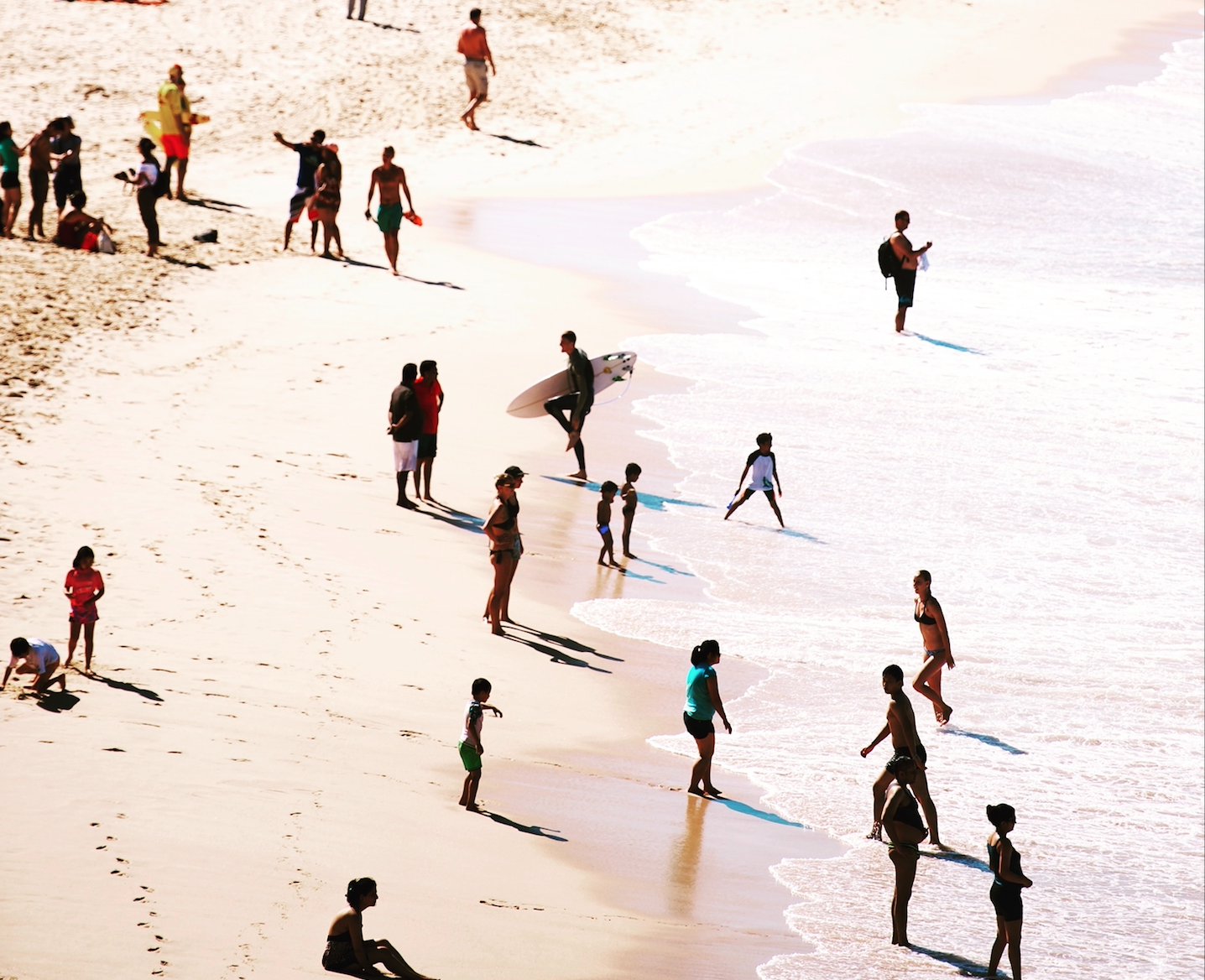
By Akanksha Singh
Sure, the title sounds click-baity, but it’s entirely possible.
Don’t get me wrong, sun protection is important— especially if you live in a place where the ozone layer has a “moderate” sized hole (plot-twist: it’s not Australia).
Regardless, ozone depletion is a global concern, and so is skin cancer. According to a 2016 study published in the Journal of Investigative Dermatology, Australia has the second-highest rates of melanoma skin cancer in the world (after New Zealand).
Though Australia’s skin cancer rates have fallen overall, largely with thanks to extensive government campaigns like the iconic 1981 “Slip-Slop-Slap” campaign, melanoma is still on the rise.
Which means, slip-slop-slap, people!
But just make sure your sunscreen doesn’t contain Benzophenone-3 (otherwise known as Oxybenzone). Oxybenzone, an active ingredient in some sunscreens, works by absorbing UV radiation and dispelling it as heat. According to a 2015 study, it has been found to be a photo-toxicant and a genotoxicant, contributing to coral bleaching and causing DNA damage to coral.
Coral bleaching is already a prevalent phenomenon due to higher sea temperatures and nutrient fluctuations. Bleaching occurs when algae in coral tissues (which provide corals with nutrients and give them colour) abandon ship. The coral turns white (duh, bleaching), and is left susceptible to disease. Bleaching is a reversible process, provided optimal conditions are achieved and sustained for long periods of time.
The United States National Park Service estimates that somewhere between “4,000 to 6,000 tons of sunscreen enters reef areas annually.” Moreover, they state that it is “estimated that 90% of snorkelling/diving tourists are concentrated on 10% of the world’s reefs.”
So what does this all really mean?
It’s important to remember that reef environments— apart from providing $6.4 billion per year here in Australia— are carbon sinks: they absorb carbon dioxide, which as you may know, is a greenhouse gas.
* Hey, mine was, it turns out.
Australia needs more climate scientists [TK]
Views: 354

